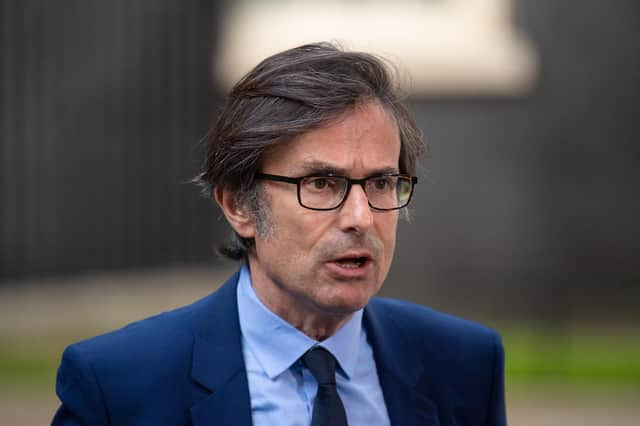Robert Peston: ‘BBC pulled my indyref report over backlash from Alex Salmond fears’


Delivering the 2020 Hugh Cudlipp journalism lecture, the ITV News Political Editor accused the BBC of capitulating to political pressure and of confusing balance with impartiality during the Brexit referendum. Peston, who spent nine years at the BBC before switching to its commercial rival, disclosed that he had once been censored by the broadcaster. “A couple of days before the Scottish independence referendum in 2014, and just ten minutes before going to air on the Ten O’Clock news, a piece I had made on the economic implications of Scottish independence was pulled, on the orders of the corporation’s most senior executives, who feared the ire of Alex Salmond.”
Peston, BBC Economics Editor at the time, added: “The least edifying aspect of the incident is that the assorted bosses subsequently rang me to distance themselves from the decision, just in case it leaked and became a cause celebre.”
Advertisement
Hide AdAdvertisement
Hide AdPeston said the incident demonstrated the “sheer terror” of a political backlash that grips “those who run the BBC” which means it is afraid to “stick its neck out and give a view.” He said he “watched with disappointment the corporation’s coverage of the (Brexit) referendum” which “confused balance with due impartiality.” It was “no service to the BBC’s viewers and listeners to hear one business leader or economist say Brexit would make us poorer, and another say it would make us richer, and then not be given help by presenter or journalist in assessing which was more credible.”
Peston said democracy depended on broadcast news organisations being robust at a time when “our own prime minister has shown a preference for being asked patsy questions by faceless and carefully selected citizens via Facebook.” He warned of No 10’s pledge to shake-up the BBC: “If this or any government is the arbiter of impartiality, we are in deep trouble.”
Peston admitted his mistake during the election when he tweeted a false news story claiming that a Labour activist punched a Tory advisor. But he warned that if any of the public broadcasters “decided to remodel ourselves as Netflix-style streaming services, freed from the obligation to provide impartial news, the providers of fake and toxic news would be the only winners.”